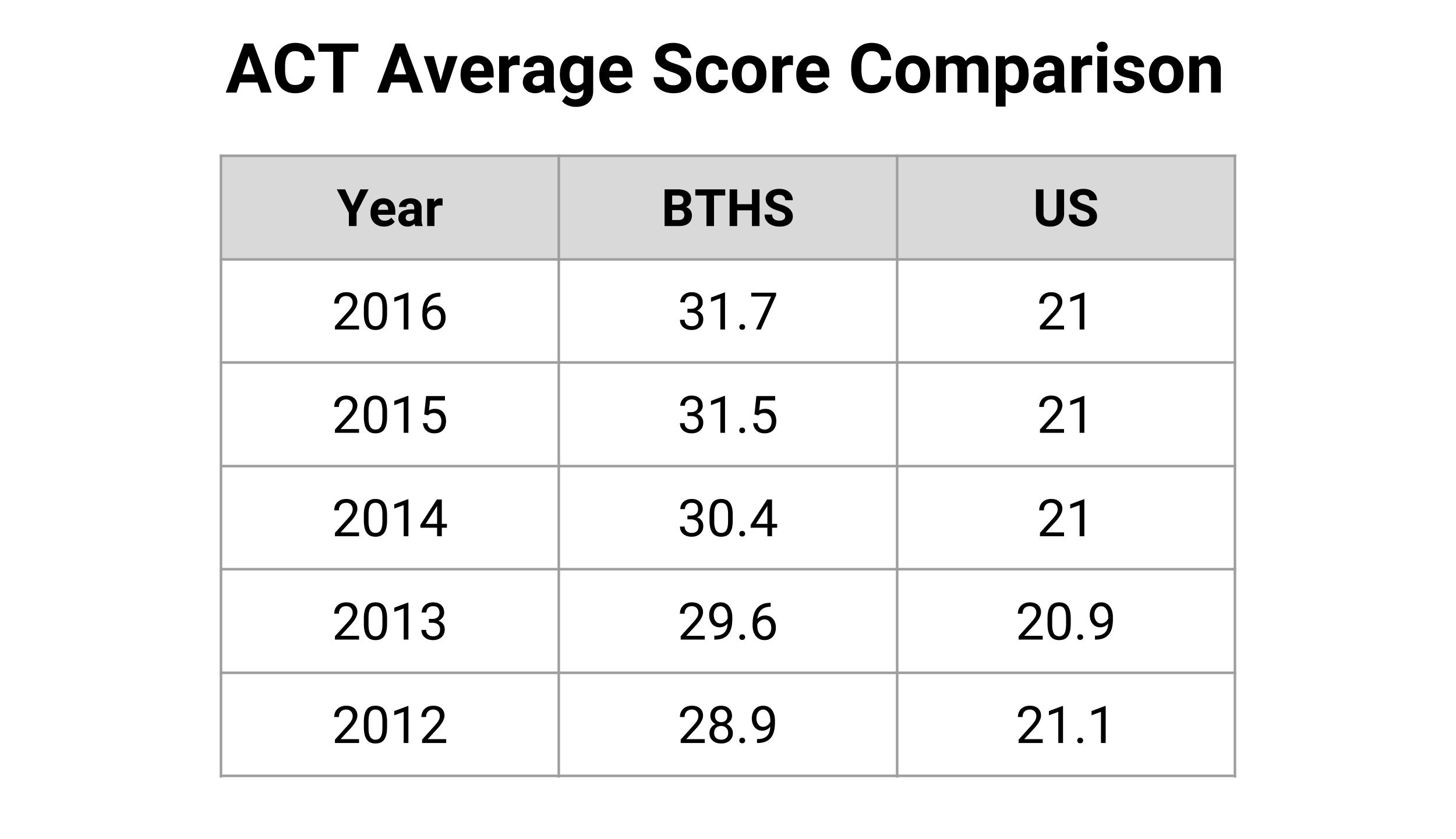RPI Medal Class of 2018
 Tuesday, April 25, 2017 at 2:56 PM
Tuesday, April 25, 2017 at 2:56 PM 
The Rensselaer Medal
A scholarship opportunity worth $100,000 for
outstanding math and science students
For more than 100 years, Rensselaer Polytechnic Institute, in conjunction with high schools around the world, has awarded the Rensselaer Medal to promising secondary school students who have distinguished themselves in mathematics and science.
The Medal was first presented in 1916 with two purposes: to recognize the superlative academic achievement of young men and women, and to motivate students toward careers in science, engineering, and technology.
This merit scholarship, with a value of $25,000 per year, is guaranteed for four years (five years for the B.Arch. program or the Co-Terminal Program) for each medalist who is accepted and enrolls at Rensselaer.
As a participating medal high school, BTHS is allowed to select one member of the junior class to be honored with the Rensselaer Medal Award.
If you would like to be considered for this nomination, please complete the BTHS RPI Medal Application
The Essay & Resume are due by 4/30/17 at 11:59 pm.
Late submissions will not be accepted
 Site Director | Comments Off |
Site Director | Comments Off |  Class of 2018,
Class of 2018,  College Info
College Info 




